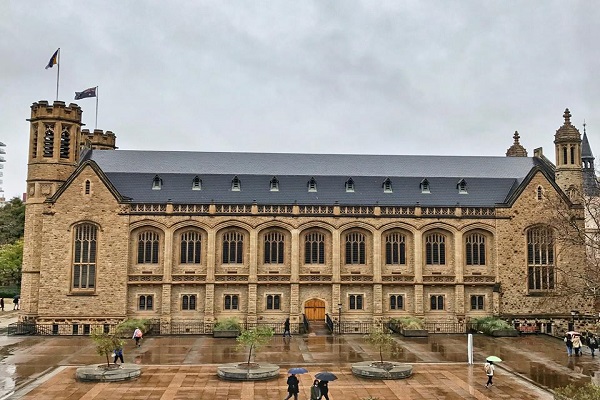New Study Aims to Boost Social Media Awareness
University of Adelaide researcher Zoe Herriman is currently recruiting participants to take part in a study looking into the effectiveness of brief educational videos designed to increase people’s social media awareness.
“In Australia, over 82 per cent of adults are estimated to be on some form of social media, using it for an estimated two hours per day,” said Zoe, who is a clinical psychologist.
“There can be both positive and negative impacts depending on how social media is used. For example, if someone who is socially isolated were to use social media for the purpose of communicating with other people, it may decrease loneliness and impact their wellbeing positively. However, a range of negative mental health impacts can occur from other forms of use.
“Social media users who spend more time passively scrolling and observing rather than communicating, and those who spend longer periods of time engaging with the apps are more likely to experience negative impacts.”
Negative effects of social media include increased depression, anxiety, relationship dissatisfaction, and poor body image, to name a few.
“As social media is a constantly evolving landscape, the impacts of various platforms are also constantly changing,” Zoe said.
“The increased visual component of many social media platforms has led to increased concerns. Many platforms allow the ability to upload and digitally modify images with a range of filters, leading to the images presented being overly positive and unrealistic, which can in turn lead others to view their own life more negatively.
“When trying to identify the triggers for clients’ episodes of depression, disordered eating or self-loathing, I noticed that social media was often a trigger, particularly for younger clients who used social media more often.”
“Social media users who spend more time passively scrolling and observing rather than communicating, and those who spend longer periods of time engaging with the apps are more likely to experience negative impacts.”Zoe Herriman, School of Psychology, University of Adelaide
Zoe is seeking study participants who are over the age of 16, fluent in English and have an Instagram account.
“We will examine the outcomes and impact of two brief educational videos we’ve produced,” she said.
“Participants will be asked to answer some questions, watch one of the educational videos, use their Instagram account for a few minutes, and then answer a few more questions. They will be emailed a link to another brief set of questions three days later.”
Social media is an almost ubiquitous presence in daily life, and because of this it’s important to understand the impact it has on human health.
“There has been an increase in numerous mental health conditions, such as eating disorders and depression, over the years, with many concerned that social media may be a contributor. With social media use becoming an increasingly common part of life for many it is important for people to increase their awareness,” Zoe said.

